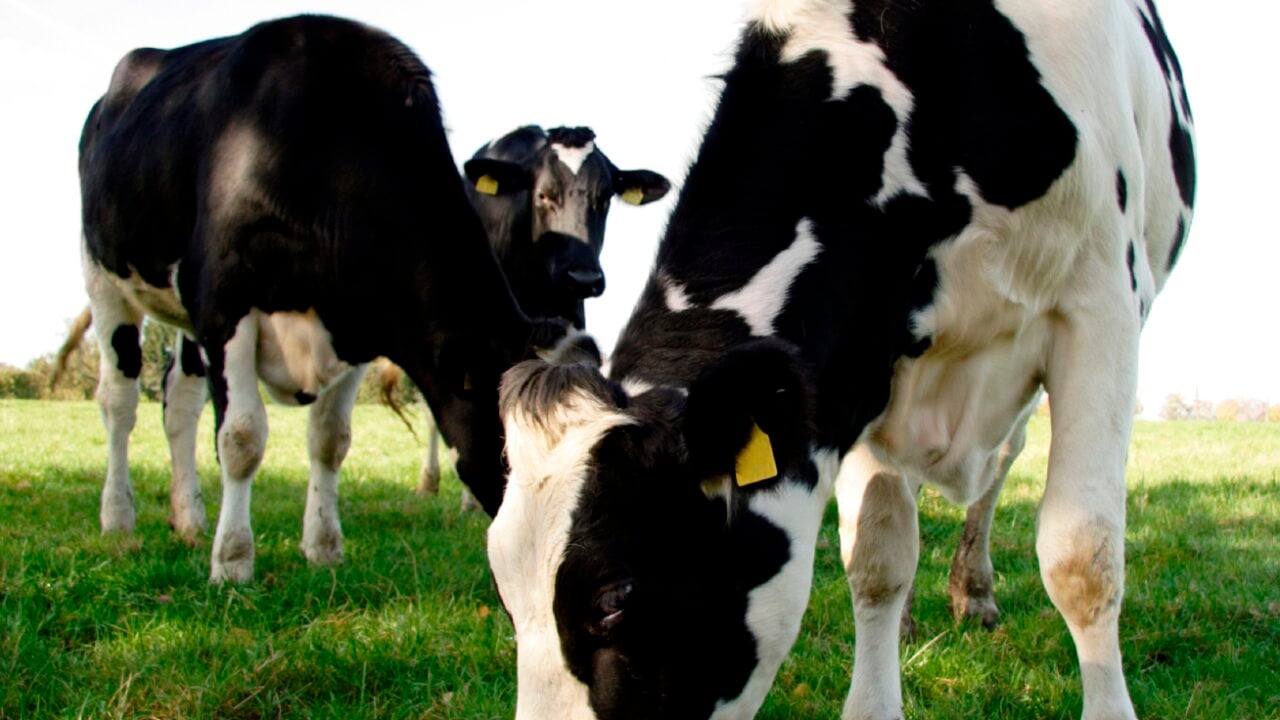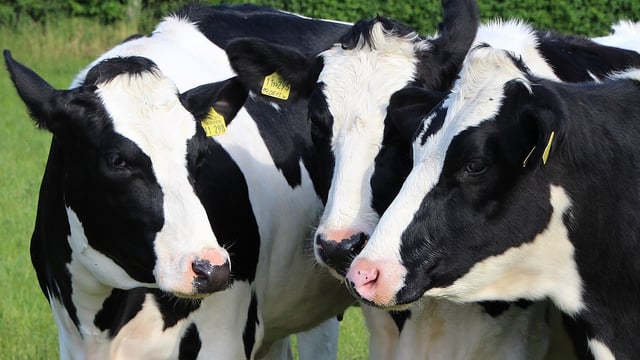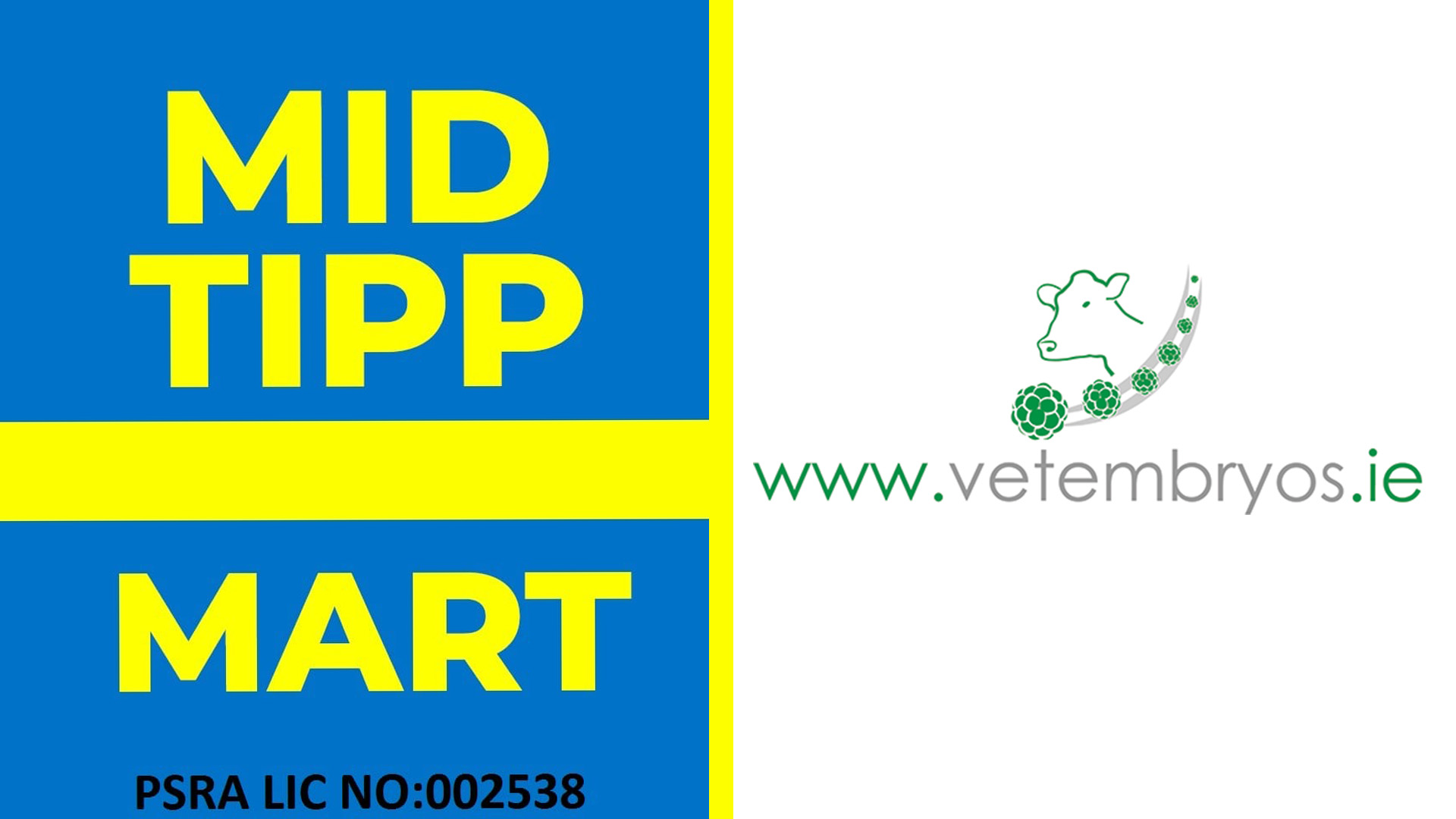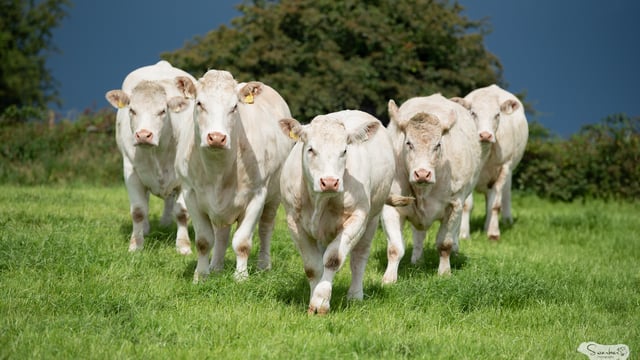Stakeholder group meets amid 'heightened uncertainty' around derogation
The Better Farming for Water Stakeholder Steering Group met in Teagasc Oak Park in Co. Carlow this week, amid "heightened uncertainty" around the nitrates derogation.
The meeting discussed the emergent policy situation in relation to the "more intense linkage" between the Nitrates Directive and the Habitats Directive as Ireland engages with the European Commission to retain its derogation.
According to Teagasc, the committee acknowledged the "heightened uncertainty of the current policy position for farm families", while "unanimously acknowledging their considerable commitment and actions in delivering improved water quality".
"As further evidence, 3,895 farmer applications have been made to the €50 million Farming for Water EIP Fund, including a substantial number of applications by grain growers for the planting of catch crops to take up nitrogen over the winter period," Teagasc said.
"The committee reaffirmed its belief that achievement of the objective of good, or high ecological status in our waterbodies is fundamental to retaining Ireland’s derogation and compliance with the Habitats Directive and to maintaining the reputation for sustainability that Irish food enjoys.
"It is clear that responsibility for this objective rests with ‘all farmers’ regardless of farm enterprise and not just ‘derogation farmers’."
The current challenge from the European Commission is for Ireland to "provide clarity and assurances on compliance" with the Habitats Directive in the granting of derogations as part of its application for continuance of the facility, Teagasc said.
Jim Bergin, chair of the stakeholder steering group - which is comprised of representatives from Teagasc, government, farm organisations and more - said members "unanimously agree that a whole of government and whole of sector aligned approach is the best avenue towards optimising Ireland’s position".
He said it "should be considered not only in relation to the scientific approach to assessment, but also the future economic and social impacts of the plan on farm families".
“Even though there is much work to be done in order to achieve clarity on the current position, the committee fully acknowledges the importance of communicating with farm families at appropriate junctures in order to support them through this concerning period, and to reflect their progress towards improved water quality," Bergin said.
Bergin said he is "really encouraged both by the recent data from the Environmental Protection Agency showing improvement in the nutrient content of our waterways, and more importantly, the collective, combined effort by all sections of the agriculture sector to address water quality.”
At the meeting also, Noel Meehan, head of Teagasc's water quality knowledge transfer department, provided an update on the establishment by Teagasc of 'catchment implementation groups' focused on eight of the main river catchments and their sub-catchments.
The groups will include representatives from relevant farm organisations, processors of meat, dairy and grain in the catchments, regulatory authorities, catchment-based community groups and advisory groups.





